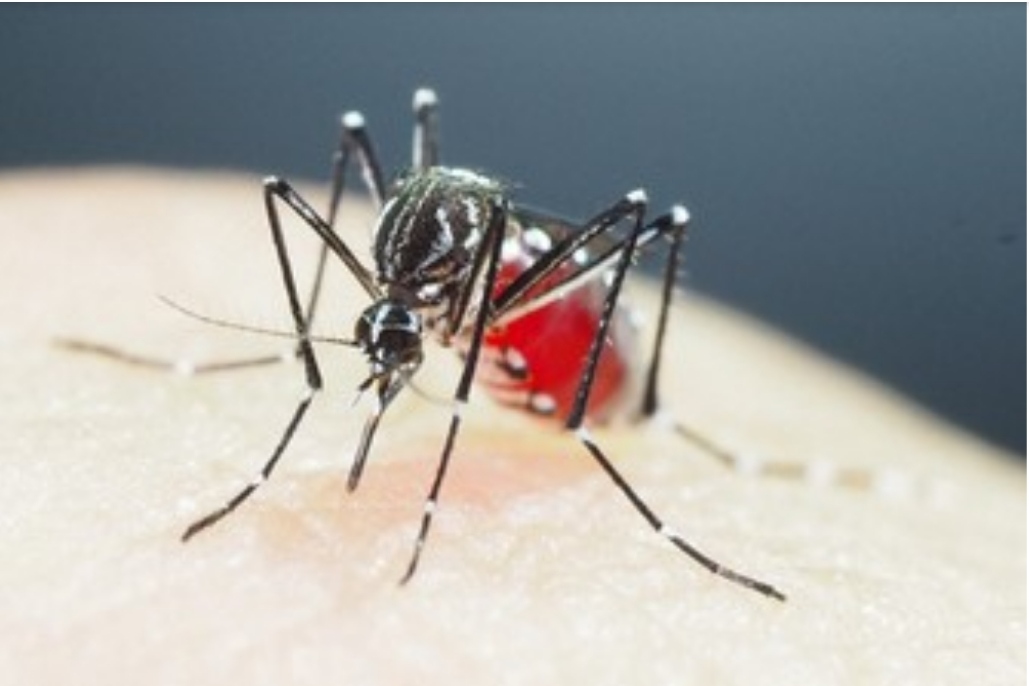World’s yearly dengue fever cases exceed 10 mil. for 1st time

An adult yellow fever mosquito
Dengue fever, an infectious disease transmitted by mosquitoes, has spread widely across the world, with the number of cases reaching a record high of over 10 million this year.
This year’s number tallied by the World Health Organization (WHO) and other bodies has already far exceeded the roughly 6.3 million patients in 2023 — previously the worst year on record — and there are concerns that outbreaks may spread in regions where summer has arrived.
The disease is caused by the dengue virus, and when it develops, symptoms such as a high fever of nearly 40 degrees Celsius, a severe headache and muscle pain occur. About 80% of cases are said to be asymptomatic, but in rare cases, dengue haemorrhagic fever may develop, resulting in death.
According to the WHO and its Regional Office for the Americas, some 10.44 million cases had been reported from at least 80 counties as of July 5, with more than 6,000 deaths. Reports from the Americas in particular have increased drastically, accounting for 97% of the recorded cases.
Dengue fever is transmitted by yellow fever mosquitoes and tiger mosquitoes, the latter of which are also found in Japan. Behind the dengue fever epidemic lie the expansion of mosquitos’ habitats and increase in their population due to global warming, as well as the global migration of infected people and mosquitoes.
In Japan, domestic infections were confirmed in 2014 and 2019. According to the National Institute of Infectious Diseases, only “imported cases,” in which people infected overseas develop the disease in Japan, have been reported since 2020, but this year, 96 cases were reported by June 30, 2.8 times more than during the same period in 2023.
Since there is no specific medicine for dengue fever, prevention is important. The Ministry of Health, Labour and Welfare is urging people traveling overseas to take measures to prevent mosquito bites, such as applying insect repellent when exposing skin and using mosquito nets when sleeping in mosquito-infested environments.




